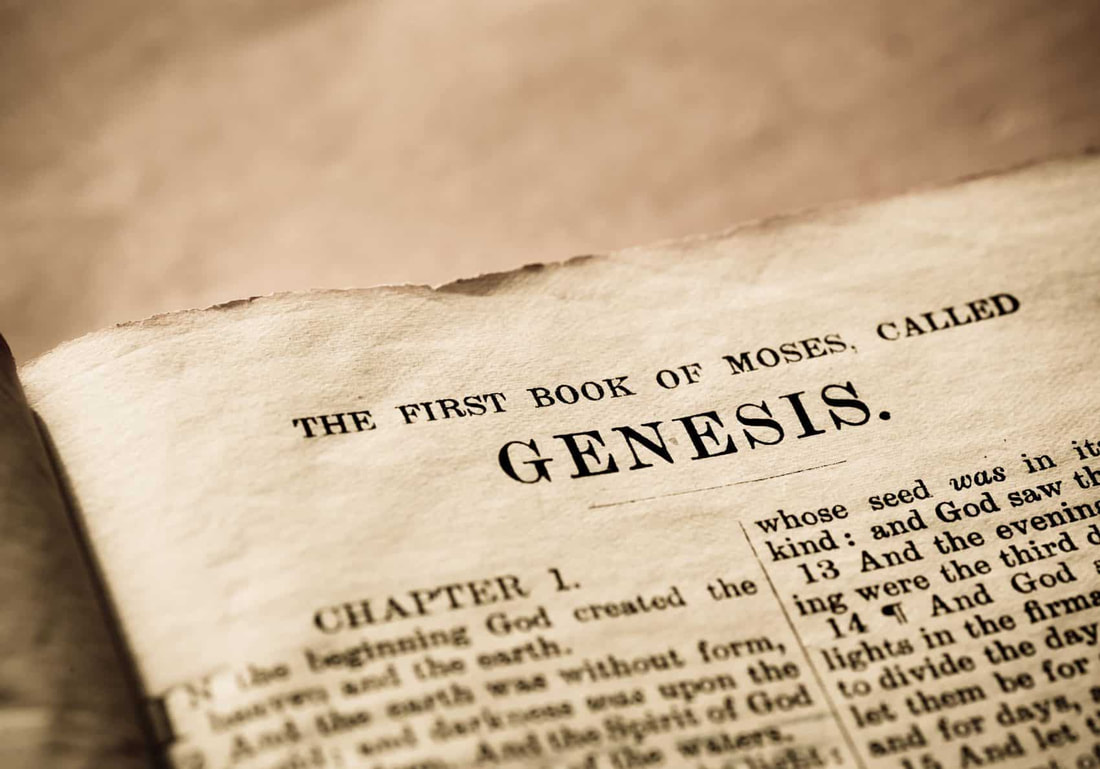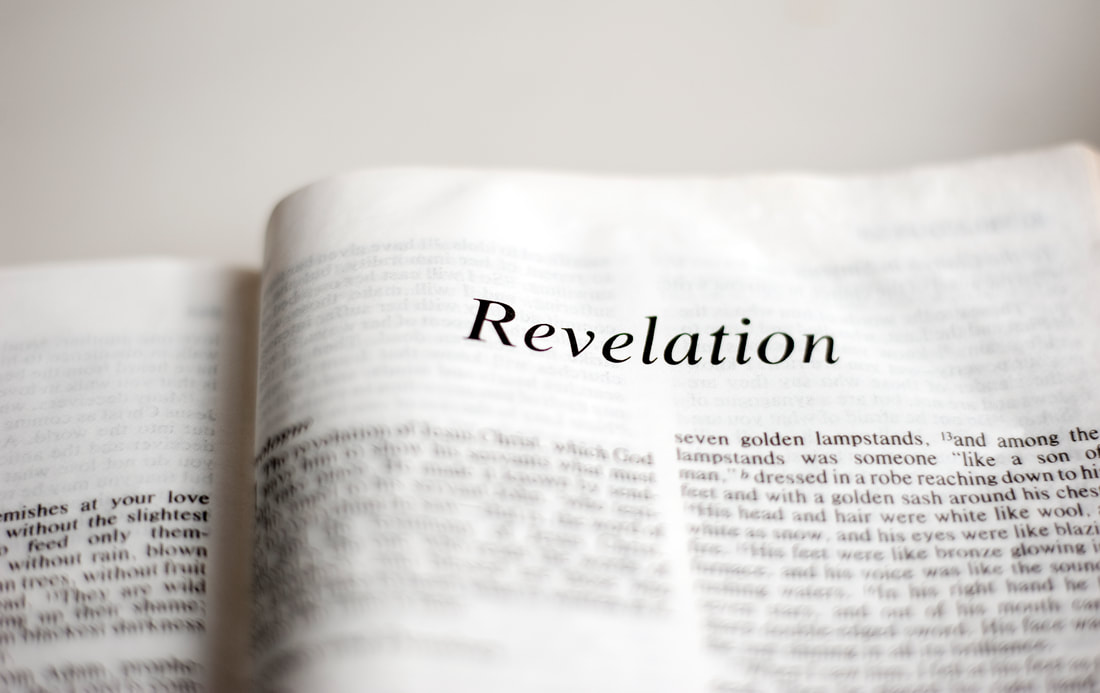The term “kingdom”
is used sparingly by Paul, but there are
important truths concerning the kingdom in his letters.
For Paul, Jesus is the center of God’s kingdom plan
and one must believe in Him to inherit the kingdom.
As for its nature,
the king- dom of Jesus the Messiah is future and earthly
from Paul’s standpoint in history,
yet there are kingdom truths that apply to Christians
in this age
before Jesus returns and the kingdom is established.
Paul also explains the necessity of a kingdom reign of Jesus,
the Last Adam,
before the eternal state commences.
Compared to the gospels,
references to the kingdom in Paul’s letters are con- siderably less. As Douglas Moo points out, “Paul does not often refer to the kingdom of God.”1
In Paul’s writing there are fourteen direct references to God’s “kingdom.”2
This compares with 121 references
to “kingdom” in Matthew, Mark, and Luke.
These Pauline references are Rom 14:17; 1 Cor 4:20; 6:9, 10; 15:24, 50; Gal 5:21; Eph 5:5; Col 1:13; 4:11; 1 Thess 2:12; 2 Thess 1:5; and 2 Tim 4:1, 18. These few references, however, do not mean the
kingdom is insignificant to Paul.
Kingdom truths are lo- cated in his writings.
When Paul uses the term “kingdom”
he does not define it, indicating that
his audiences probably had prior knowledge
about its meaning.
Several of Paul’s refer- ences indicate
who
will not enter God’s kingdom.
For example,
Paul states that
“the unjust will not inherit God’s kingdom”
(1 Cor 6:9).
Galatians 5:21 and Ephesians 5:5
declare that people who practice
ungodly behavior
will not have an
inheritance in God’s kingdom.
In addition,
Paul says that those who
worked with him were
“co- workers for the kingdom of God”
(Col 4:11).
These verses reveal
a strong connection between the kingdom and soteriology.
One must be
saved
and
evidence righteous behavior
to
enter the kingdom.
On the other hand,
those who are characterized by evil deeds
show that the kingdom
does not belong to them.
These truths do not indi- cate that salvation
or kingdom entrance
is based on works,
but they show that,
by faith,
kingdom citizens
have the power of the
New Covenant
ministry
of the Holy Spirit
in their lives bringing forth
righteous behavior.
Also, for Paul,
the heart of the kingdom program is the
resurrected Jesus
who is the “descendant of David”
(Rom 1:3; cf. 2 Tim 2:8).
Thus,
any kingdom truths
in Paul are
ultimately tied to
Jesus the Messiah
who brings
fulfillment of the Davidic Covenant
(see 2 Sam 7:12–16)
over the course of His two advents.
But is there anything in Paul’s letters that reveals
his views on the natural and timing of the kingdom?
Was his concept of the kingdom
spiritual or physical, or
both?
Was the kingdom present or future?
Much debate surrounds these questions.
Our understanding is that Paul’s
ideas
on the kingdom are consistent with
those found earlier in the
gospels and Acts.
The kingdom of God will come in the future
after the return of Jesus.
Christians are positionally related
to the King and His kingdom
and are to exhibit kingdom righteousness in their lives.
In this sense Christians in this age are related to the kingdom.
Yet the kingdom and reign of
Jesus the Messiah
await the future.
The futurity of the kingdom is stated explicitly on several occasions.
For exam- ple, in 1 Thess 2:12 Paul stated,
"We encouraged, comforted, and implored each one of you to walk worthy of God, who calls you into His own kingdom and glory.”
With 2 Thess 1:5 Paul declared,
“It is a clear evidence of God’s righteous judgment that
you will be counted worthy of
God’s kingdom, for which you also are
suffering.”
The current experience of the Thessalonians
was “suffering.”
But it is
this suffering that makes them
worthy of the “kingdom” they
will be entering Kingdom follows
suffering.
As Furnish notes, Paul
“focuses
on the eschatological future, assuring believers that
through their sufferings God is qualifying them to
enter that coming kingdom Promises
The term “kingdom”
is used sparingly by Paul, but there are
important truths concerning the kingdom in his letters.
For Paul, Jesus is the center of God’s kingdom plan
and one must believe in Him to inherit the kingdom.
As for its nature,
the king- dom of Jesus the Messiah is future and earthly
from Paul’s standpoint in history,
yet there are kingdom truths that apply to Christians
in this age
before Jesus returns and the kingdom is established.
Paul also explains the necessity of a kingdom reign of Jesus,
the Last Adam,
before the eternal state commences.
Compared to the gospels,
references to the kingdom in Paul’s letters are con- siderably less. As Douglas Moo points out, “Paul does not often refer to the kingdom of God.”1
In Paul’s writing there are fourteen direct references to God’s “kingdom.”2
This compares with 121 references
to “kingdom” in Matthew, Mark, and Luke.
These Pauline references are Rom 14:17; 1 Cor 4:20; 6:9, 10; 15:24, 50; Gal 5:21; Eph 5:5; Col 1:13; 4:11; 1 Thess 2:12; 2 Thess 1:5; and 2 Tim 4:1, 18. These few references, however, do not mean the
kingdom is insignificant to Paul.
Kingdom truths are lo- cated in his writings.
When Paul uses the term “kingdom”
he does not define it, indicating that
his audiences probably had prior knowledge
about its meaning.
Several of Paul’s refer- ences indicate
who
will not enter God’s kingdom.
For example,
Paul states that
“the unjust will not inherit God’s kingdom”
(1 Cor 6:9).
Galatians 5:21 and Ephesians 5:5
declare that people who practice
ungodly behavior
will not have an
inheritance in God’s kingdom.
In addition,
Paul says that those who
worked with him were
“co- workers for the kingdom of God”
(Col 4:11).
These verses reveal
a strong connection between the kingdom and soteriology.
One must be
saved
and
evidence righteous behavior
to
enter the kingdom.
On the other hand,
those who are characterized by evil deeds
show that the kingdom
does not belong to them.
These truths do not indi- cate that salvation
or kingdom entrance
is based on works,
but they show that,
by faith,
kingdom citizens
have the power of the
New Covenant
ministry
of the Holy Spirit
in their lives bringing forth
righteous behavior.
Also, for Paul,
the heart of the kingdom program is the
resurrected Jesus
who is the “descendant of David”
(Rom 1:3; cf. 2 Tim 2:8).
Thus,
any kingdom truths
in Paul are
ultimately tied to
Jesus the Messiah
who brings
fulfillment of the Davidic Covenant
(see 2 Sam 7:12–16)
over the course of His two advents.
But is there anything in Paul’s letters that reveals
his views on the natural and timing of the kingdom?
Was his concept of the kingdom
spiritual or physical, or
both?
Was the kingdom present or future?
Much debate surrounds these questions.
Our understanding is that Paul’s
ideas
on the kingdom are consistent with
those found earlier in the
gospels and Acts.
The kingdom of God will come in the future
after the return of Jesus.
Christians are positionally related
to the King and His kingdom
and are to exhibit kingdom righteousness in their lives.
In this sense Christians in this age are related to the kingdom.
Yet the kingdom and reign of
Jesus the Messiah
await the future.
The futurity of the kingdom is stated explicitly on several occasions.
For exam- ple, in 1 Thess 2:12 Paul stated,
"We encouraged, comforted, and implored each one of you to walk worthy of God, who calls you into His own kingdom and glory.”
With 2 Thess 1:5 Paul declared,
“It is a clear evidence of God’s righteous judgment that
you will be counted worthy of
God’s kingdom, for which you also are
suffering.”
The current experience of the Thessalonians
was “suffering.”
But it is
this suffering that makes them
worthy of the “kingdom” they
will be entering Kingdom follows
suffering.
As Furnish notes, Paul
“focuses
on the eschatological future, assuring believers that
through their sufferings God is qualifying them to
enter that coming kingdom Promises



 RSS Feed
RSS Feed
























































